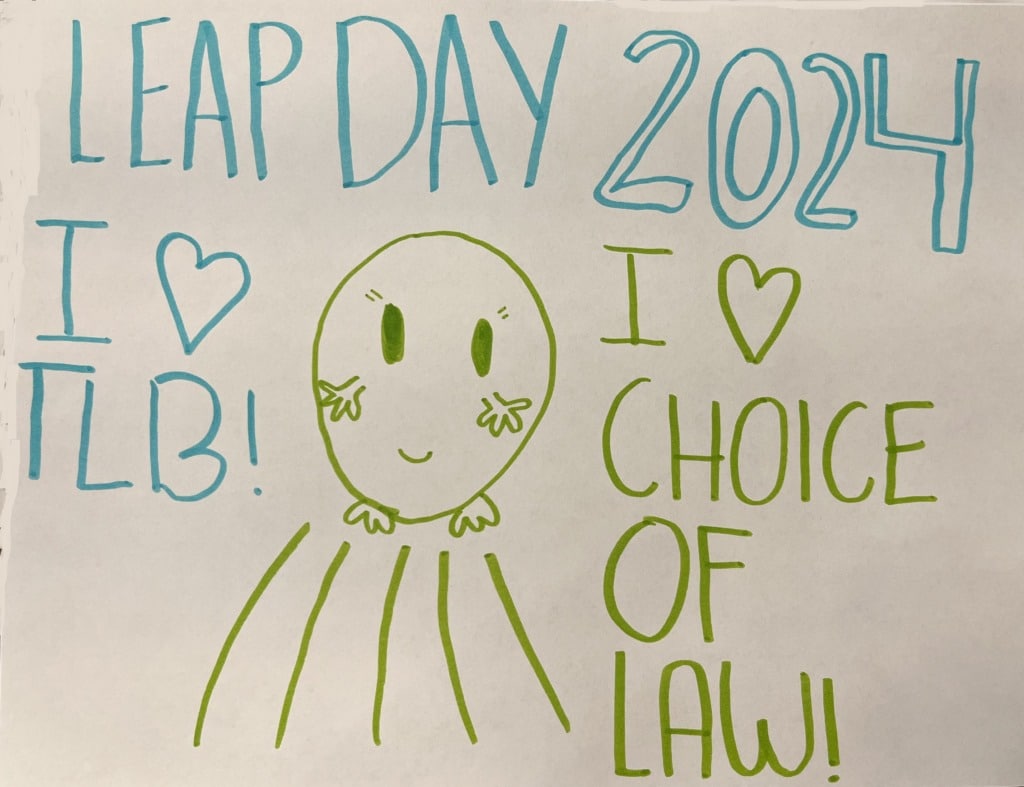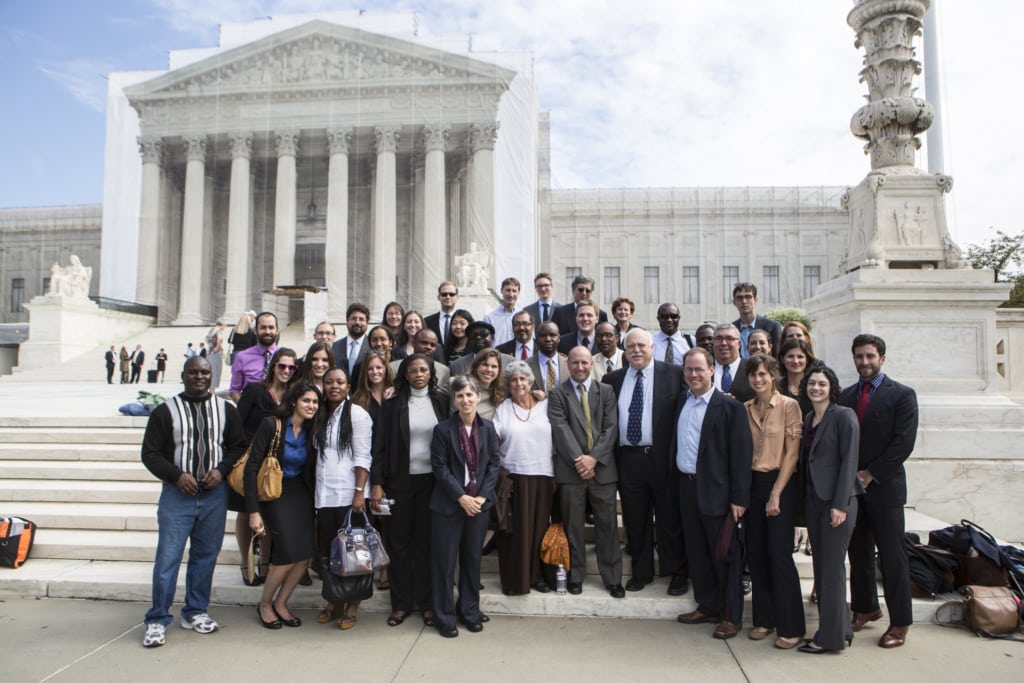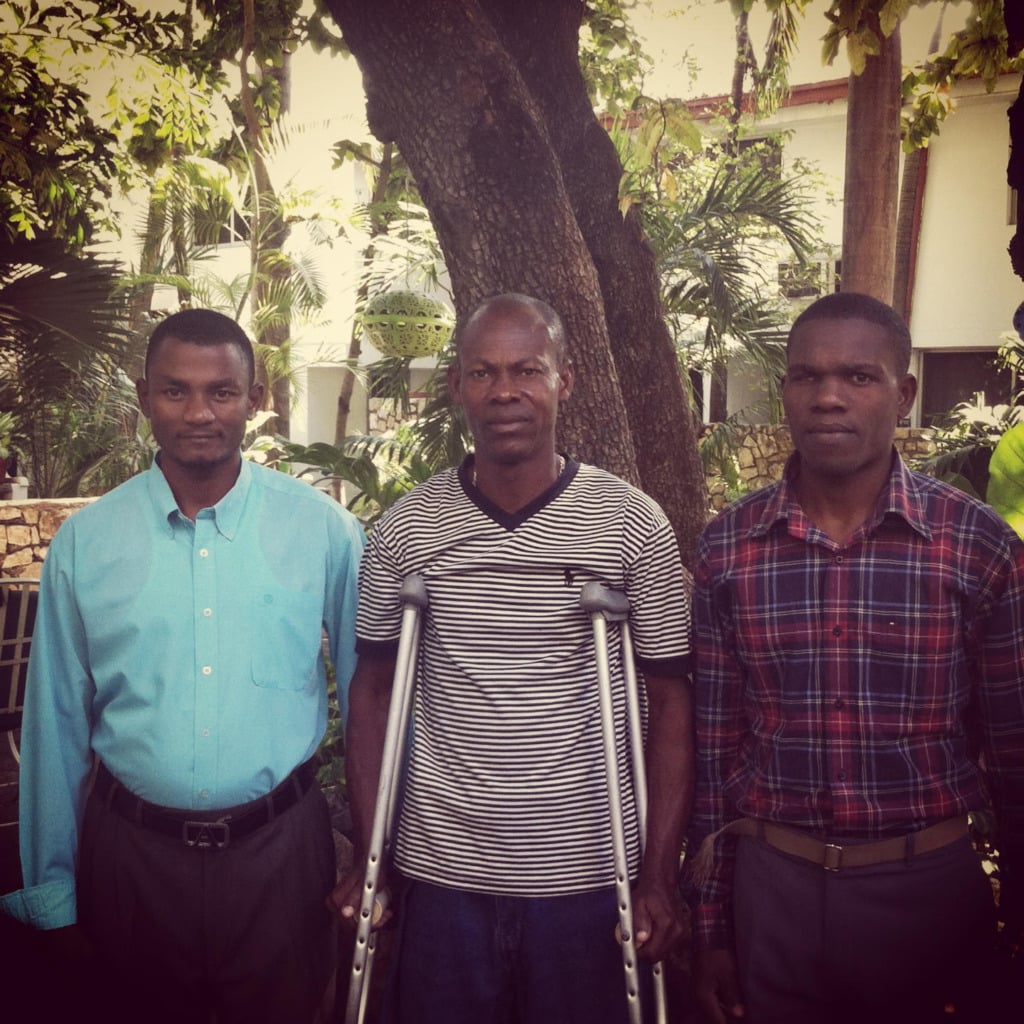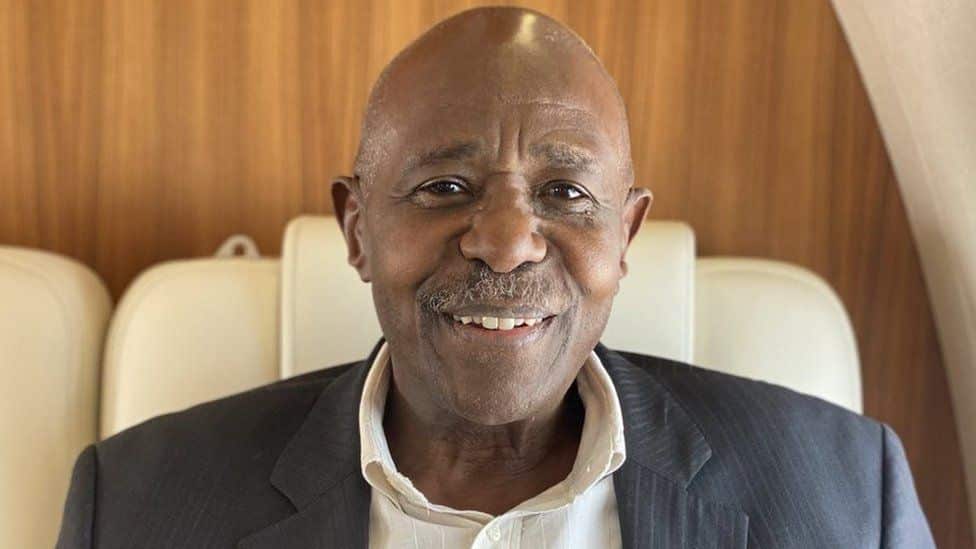Choice of Law in the American Courts in 2023
The thirty-seventh annual survey on choice of law in the American courts is now available on SSRN. The survey covers significant cases decided in 2023 on choice of law, party autonomy, extraterritoriality, international human rights, foreign sovereign immunity, adjudicative jurisdiction, and the recognition and enforcement of foreign judgments. So, on this leap day, we thought…
Continue ReadingLatest Developments in Ecuadorian Toxic Tort Case
Since at least the early 1990s, Central and South American residents have been litigating in U.S. courts about their exposure to toxic pesticide called dibromochloropropane (“DBCP”). In the latest decision, Marquínez v. Dole Food Company, Judges Andrews in the District of Delaware held that a consolidated action on behalf of 65 Ecuadorian banana plant workers…
Continue ReadingProposed Legislation to Amend the Foreign Sovereign Immunities Act
Representatives Adam Schiff, Betty McCollum, and Gerry Connolly have introduced the Jamal Khashoggi Protection of Activists and Press Freedom Act of 2023. The purpose of the legislation is to protect free speech advocates and journalists. The press release announcing the draft legislation notes the murder five years ago of journalist Jamal Khashoggi “at the hands…
Continue ReadingUsing TLB to Teach Foreign Relations Law
This post discusses Foreign Relations Law as part of our series explaining how professors can use resources on TLB to teach various classes. Previous posts have discussed Transnational Litigation, Civil Procedure, International Business Transactions, and Conflict of Laws. Although TLB focuses on litigation, and Foreign Relations Law classes cover many topics that are rarely litigated, there is significant…
Continue ReadingCongress Amends the TVPRA to Correct Ninth Circuit’s Erroneous Ruling in Ratha
Last year, in Ratha v. Phatthana Seafood, the Ninth Circuit held that civil liability under the Trafficking Victims Protection Reauthorization Act (TVPRA) does not extend to those who attempt to benefit from forced labor. After the court denied en banc review, the Human Trafficking Legal Center and other human and workers’ rights organizations asked Congress…
Continue ReadingNinth Circuit Allows Human Rights Claims Against Cisco to Proceed
There may yet be life in the Alien Tort Statute (ATS). The Ninth Circuit recently held, in Doe I v. Cisco Systems, Inc., that Chinese practitioners of Falun Gong could go forward with claims of aiding and abetting human rights violations against Cisco Systems, which designed and built a surveillance system for the People’s Republic…
Continue ReadingThrowback Thursday: Kiobel v. Royal Dutch Petroleum Co.
Ten years ago this week, the U.S. Supreme Court handed down its decision in Kiobel v. Royal Dutch Petroleum Co., applying the presumption against extraterritoriality to the implied cause of action for human rights violations under the Alien Tort Statute (ATS). In Kiobel, the Court began to whittle down the cause of action it had…
Continue ReadingBoston Jury Awards $15.5 Million in a Transnational Human Rights Case
Last month we reported on a sensible decision by Judge Allison D. Burroughs of the District of Massachusetts rejecting a defendant’s vague invocations of international comity as a basis for abstention. That decision cleared the way for trial on the plaintiffs’ claims that the defendant, Jean Morose Viliena, targeted them and their families for extrajudicial…
Continue ReadingThrowback Thursday: Professor William Casto on the Origins of the Alien Tort Statute
In the spring of 1986, Professor William Casto published an article in the Connecticut Law Review entitled The Federal Courts’ Protective Jurisdiction Over Torts Committed in Violation of the Law of Nations. Casto’s article was the first to explore the origins of the Alien Tort Statute (ATS) in detail, and despite the many law reviewpages…
Continue ReadingOfficials Who Kidnapped Hotel Rwanda Hero Are Not Immune from Suit
In 1994, Paul Rusesabagina was the manager of a hotel in Kigali, Rwanda. During the genocide, he sheltered 1,268 Hutu and Tutsi refugees, all of whom survived. His courage inspired the film “Hotel Rwanda,” and in 2005 President Bush awarded him the Presidential Medal of Freedom. Rusesabagina became a human rights advocate and vocal critic…
Continue Reading






